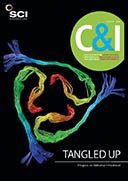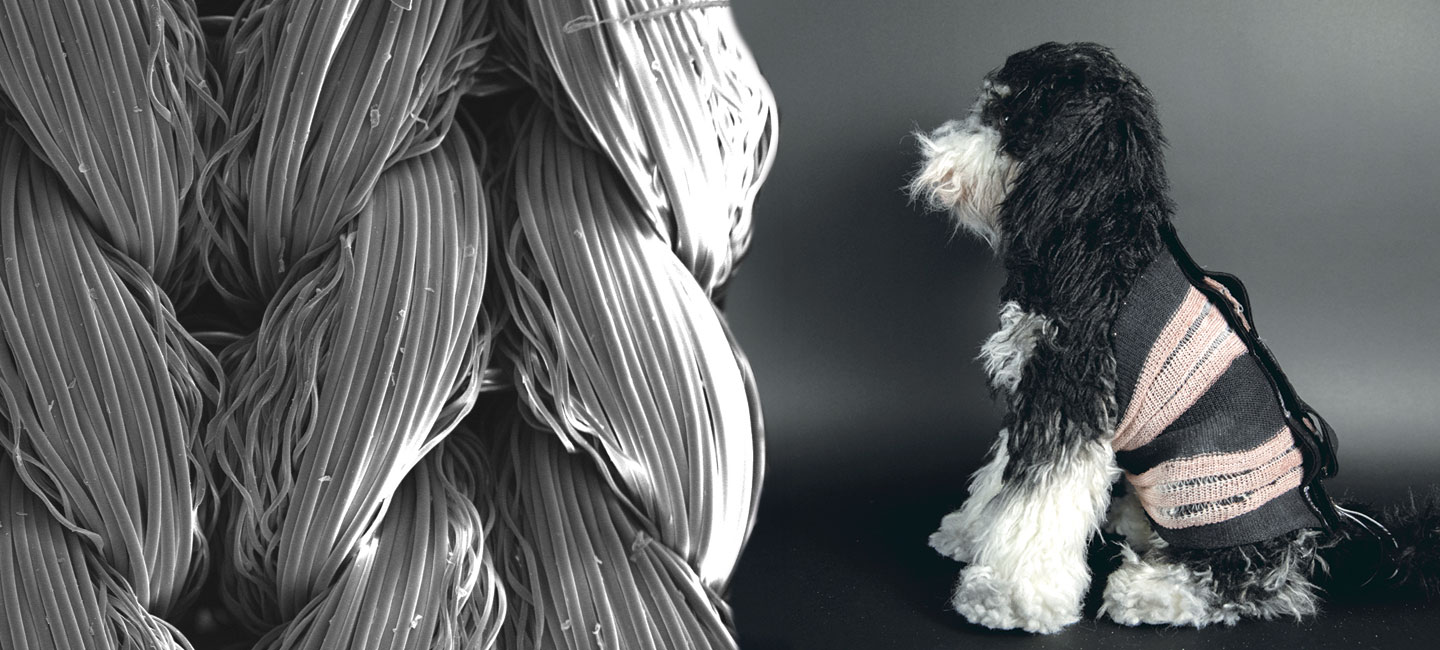An environmentalist has flown a light aircraft across Australia using a fuel blend made partly from plastic waste. He claims the fuel – known as ‘the 10% solution’ – is proof that plastics can be turned into a viable alternative aviation fuel.
Jeremy Rowsell flew his plane 500 miles from Sydney to Melbourne in the culmination of a four-year project called ‘On Wings of Waste’. He used a conventional fuel mixed with 10% of a synthetic fuel, reprocessed by a London-based firm, Plastic Energy, from end-of-life plastic waste.
Plastic Energy uses a patented pyrolysis process technology called Thermal Anaerobic Conversion (TAC). Plastics are heated in an oxygen-free environment so that they don’t burn. The process breaks down the plastics into their component hydrocarbons, which can then be separated into different fuels. It produces around 80% diesel and 20% light oil and kerosene; as well as gas byproducts, which are re-used as fuel in the TAC, and char, which is sold or taken to landfill.
With appropriate quality feedstock, the company says the conversion ratio is around 900 litres of synthetic fuels for every 1000kg of end-of-life plastic. Its current plant can convert up to 20t of feedstock a day, which translates to about 6000m3 of synthetic fuel. At present, TAC synthetic fuels are mainly used in refineries.
‘Jeremy´s flight is a tremendous opportunity to showcase how plastic waste can be put to productive use instead of thrown away to pollute the oceans or despoil the land,’ says Carlos Monreal, CEO of Plastic Energy. Rowsell was inspired to embark on the project after witnessing the devastating effects of plastic pollution from the air.
If scaled up, he claims the fuel could have a profound effect on the aviation industry as well as the environment. A 747 aircraft on a 10,000 mile flight burns 36,000 gallons of fuel, while fuel accounts for around a third of airlines’ operating costs. If 3600 gallons of that fuel was sourced from plastic waste it could save 18t of waste plastic from being dumped in the ocean.
The flight gained the support of broadcaster and naturalist Sir David Attenborough who called it a ‘sign of hope in a very depressing world’. He hopes the flight ‘will bring the attention of the world to this great solution that is there, waiting to be taken, if only we can get the support of people to do so.’
Rowsell is now looking for investors to build a recycling plant in Australia, which he hopes would lead to a change in culture and attitude about disposal of single-use plastic.




